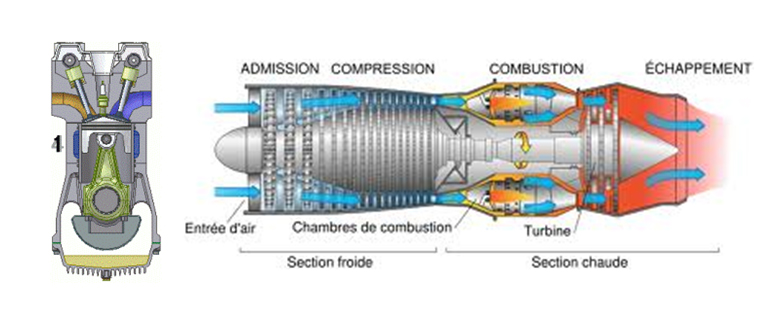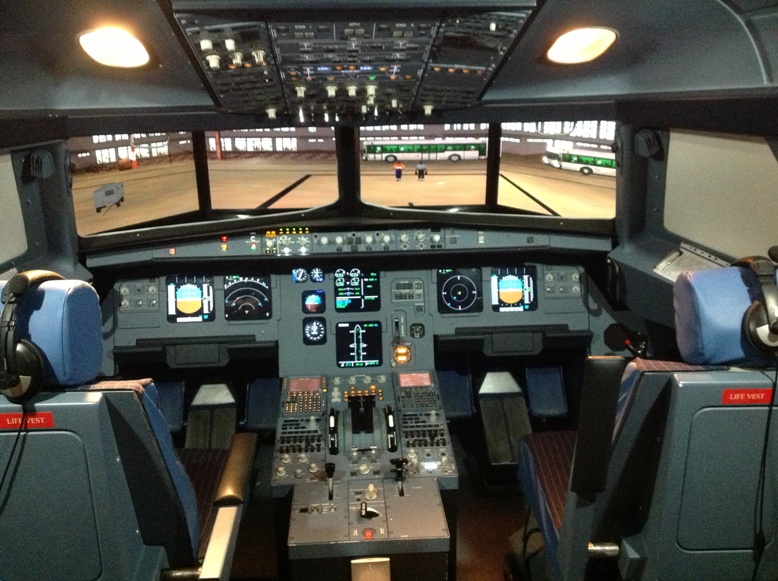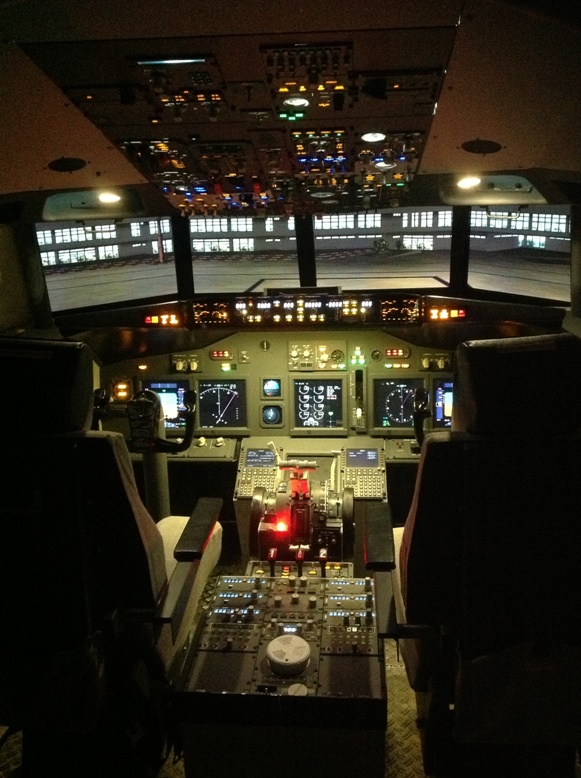ESAT multidisciplinary engineers with strong scientific & technical backgrounds can ultimately work and lead projects of complex systems in an international environment, particularly in the field of Aeronautics.

Objectives
Training over three years (six semesters) includes a set of scientific disciplines grouped into courses (basic and technological) and in engineering education (humanities and general education) to allow each student, to develop skills in terms of scientific and technological capabilities, methodological, intelligence of the environment and personal development.
ESAT trains multidisciplinary engineers, in Aeronautics, capable of leading complex systems projects, in an international environment, especially in the field of Aeronautics.The study program includes the acquisition of the following skills:- Scientific and technical skills- Engineering and research skills- Intra and interpersonal skills
According to the learning outcomes, students in this degree programme should:
- Have fundamental understanding of mechanical & Electrical engineering principles and practices through mathematical, methodological, numerical and experimental courses & workshops,
- Have necessary skills for the study, design, analysis and development of aircraft structure, engines, avionics and other high technology flight systems,
- Be able to conduct investigations of complex problems: Use research-based knowledge and research methods including design of experiments, analysis and interpretation of data, and synthesis of the information to provide valid conclusions.
- Be able to select, and apply modern design & Simulation engineering and IT tools to complex engineering activities with an understanding of the limitations.
- Have necessary oral and written communication skills mainly in French, English to be certified at the international level.
- Be prepared for socialization, business work and scientific environments in a dynamic and global environment.
- Have awareness of the importance of life-long learning
Program Outline:
The three-year training includes a set of disciplines:
–Science & Technology: Applied Math, Mechanics, Electronics and Signal Processing
–Aviation: Aerodynamics, Flight Mechanics, Aircraft Structures, Composite Materials, Avionics, Aircraft Engines & Reactors, Propulsion, Radar Telecom
–General: English (TOEIC preparation), Air Transport Economy, Aircraft maintenance procedures
–Workshop & practice: CAD (CATIA), Numerical Simulation (ANSYS, ABAQUS), MATLAB, Embedded Systems, Engine Workshop, NDT Workshop, Programming (C++, Java, Python)
–Internship:
-MRO: Aircraft Maintenance (Reactor, Hydraulic systems, Avionics).
– Manufacturing and Design centers,
– Airports & Civil aviation authority
Courses Scheduling
Basically for engineering studies: 900Hrs/year are required in our systems
Courses are scheduled per semester on the basis of:
14 weeks/ semester
1 week exams.
The weekly average load hours: 30 Hrs/week
A contact hour represents the measure of scheduled instruction given to students and is dependent on the instructional format for the course.
Contact hours should be calculated on aper week basis over a 14 week term with the 15th week scheduled for the final exam.
Exams:
For each subject the average score is calculated as follow:
Tests, oral, teacher evaluation 40%
Semester exam 60%
Workshops final test evaluation are done at the end of each semester
Each workshop need to be validated in order to pass to the next grade.
Graduation global score: 10/20.
Practical course on FMCs A320</p> <p>

Practical training
- FMS (Flight Management Computers) Practice Course: FTD A320 Suimulator Sessions, or B737NG
Practical course on FMCs B737NG</p> <p>

